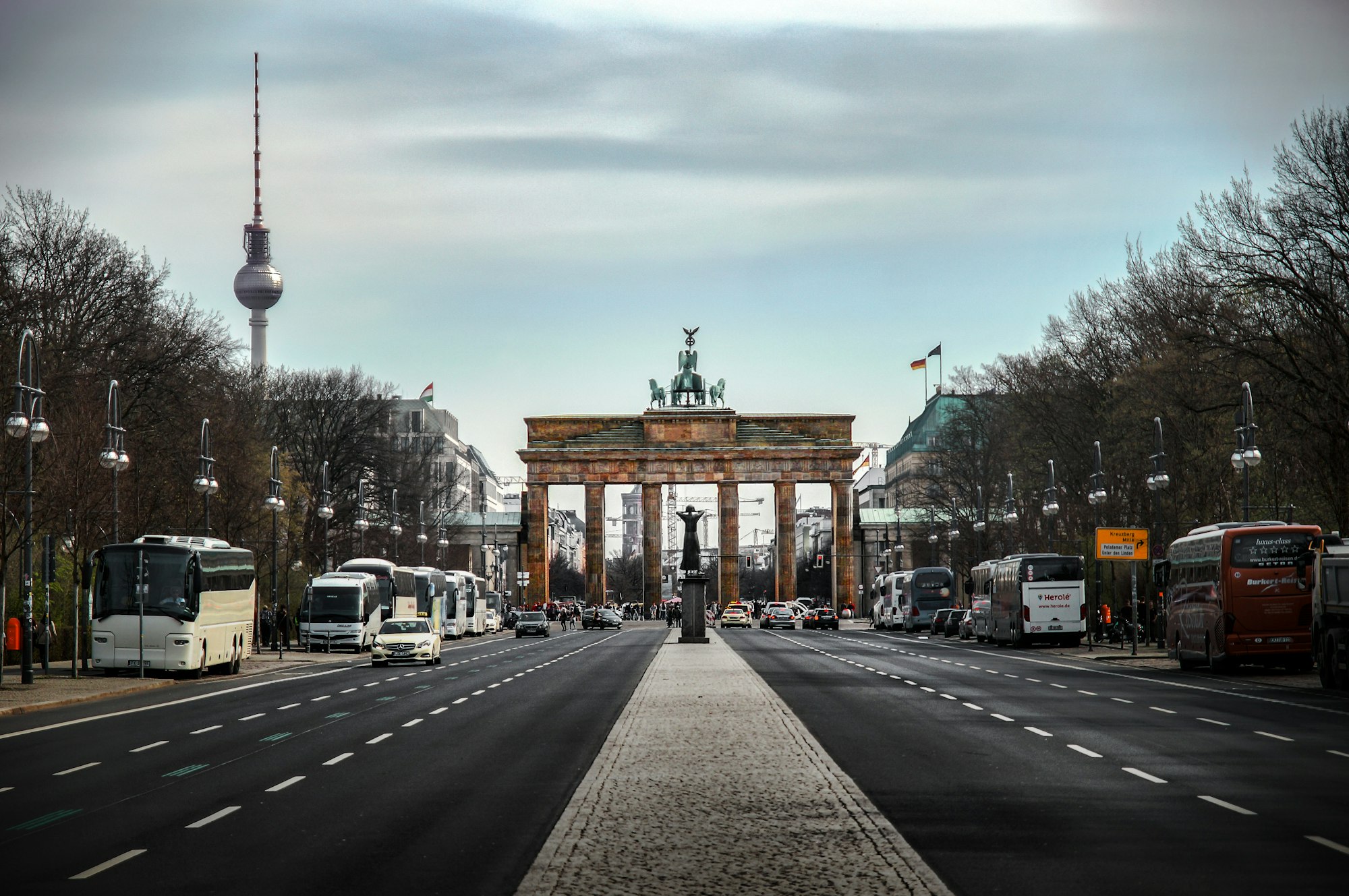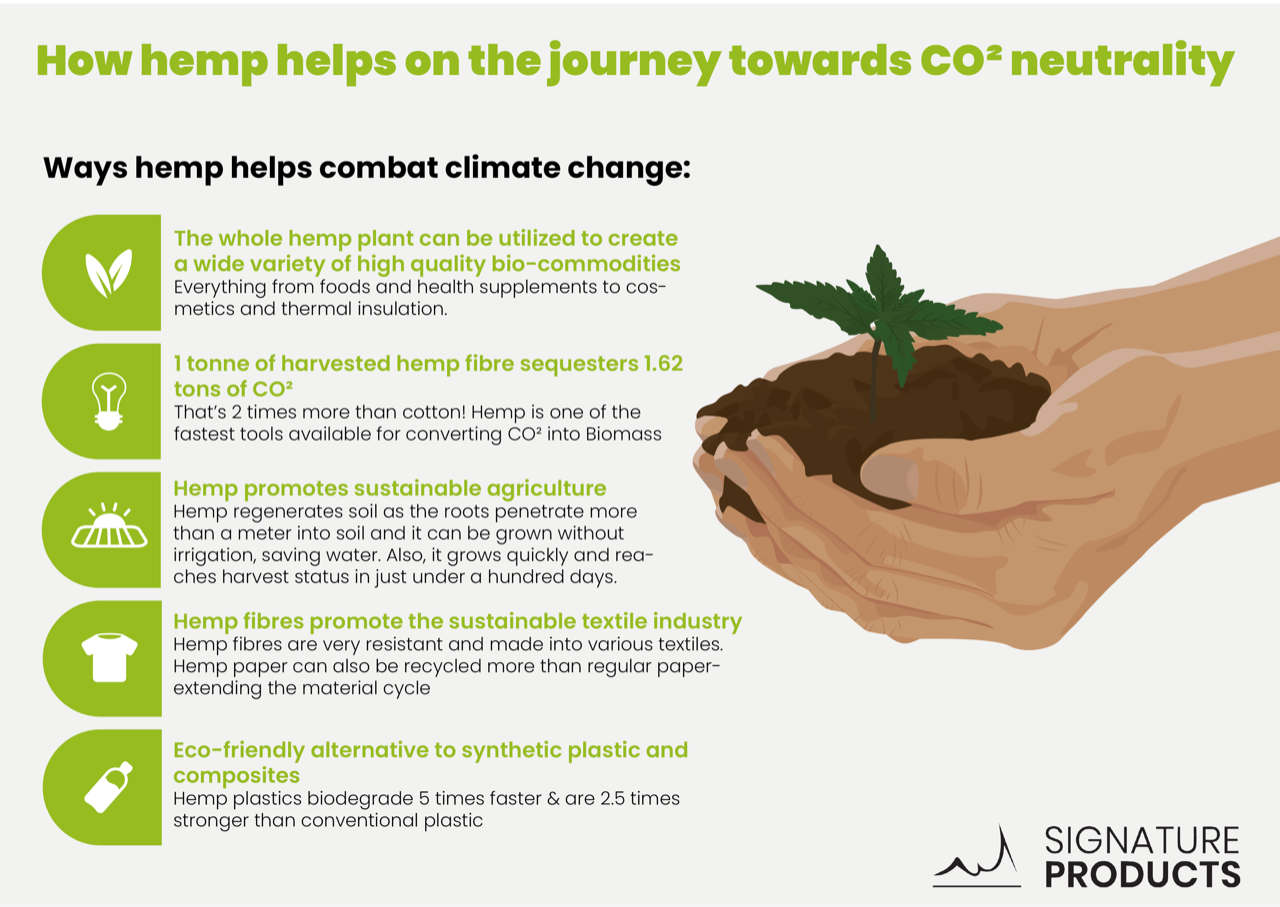Exploring the World of Hemp: Germany and Hemp

Recently, one of Germany's largest newspapers "DER SPIEGEL" included our work in their article both in print (DER SPIEGEL 45/2023) and online on an important topic of the German hemp industry.
The article describes the situation of the hemp industry in Germany using the example of the Ihinger Hof near Stuttgart which is an open-air laboratory in which researchers from our cooperation partner, the University of Hohenheim, are experimenting with exotic plants that have the potential for a prosperous future in Germany, such as hemp.

Hemp has a rich history of being a valuable resource for humanity. It has served as medicine, food, textiles, and even aided explorers like Christopher Columbus in the form of ropes and sails. Nowadays hemp offers a wide range of applications, both economically and ecologically, and every part of the hemp plant can be used.
The lower half of the plant can create eco-friendly building materials like hempcrete providing excellent insulation. Hemp fibres can replace petroleum-based materials, in textiles and even in the automotive industry.

The hemp seeds in the upper part of the plant are marketed as a superfood and are a valuable nutritional supplement, especially for vegans and vegetarians, due to their richness in minerals, fibre and all essential amino acids.
That is why we at Signature Products are working together with the University of Bonn, a major manufacturer of vegan meat, and the Südzucker Group on a project, financed by the German Federal Ministry of Education, to develop a meat substitute made from hemp seeds.

However, despite its many benefits, hemp fell out of favour in the 20th century, causing a lack of infrastructure and genetic progress in Germany's hemp industry, resulting in numerous challenges that farmers and entrepreneurs face today. Therefore it's still an underdeveloped market despite its vast growth. The research of the Uni Hohenheim is a significant step forward because there has been limited research on hemp for many years.
Legal difficulties hinder hemp cultivation in Germany. Farmers are legally allowed to grow industrial hemp with a THC content of up to 0.3 %. However, the German Narcotics Act still categorises their product as a controlled substance. It’s a paradox - they have to ensure that their hemp is only used for non-intoxicating purposes, a criterion that can hardly be guaranteed.


Also, the "CanG" law, which is intended to legalise recreational cannabis use and is currently being discussed in the Bundestag, does not offer many advantages to farmers who grow non-intoxicating varieties.
Another huge problem is the machinery for example. It's often unaffordable for the small hemp farms common in Germany. As a result, many German farmers are forced to use traditional grain harvesters for the upper part of the plant, missing out on the potential of the lower half.

Despite its incredible versatility, hemp has not yet found its place in the German agricultural landscape. However, the European Commission is beginning to recognise the potential of hemp and its role in achieving climate targets and climate neutrality. Its rapid growth binds significant amounts of CO2, hemp requires little water, fertiliser and no pesticides, while it can help prevent soil erosion and protect biodiversity by providing a habitat for insects. Furthermore, it can overgrow weeds and even remove heavy metals such as lead and cadmium from contaminated soils.
Although the road ahead is difficult, enthusiasts and innovators remain committed and are working to bring the wonders of hemp back to German fields.

In a Nutshell
- Hemp is a versatile plant with numerous applications, from construction materials to meat substitutions.
- In Germany, it faces legal and bureaucratic hurdles, preventing its growth in the agricultural sector.
- Despite this, there is growing interest in hemp and its potential to revolutionise various industries in the country.
Would you like to learn more about hemp and its incredible potential? Keep an eye on our blog and our LinkedIn channel for updates on this promising plant's journey in Germany!


